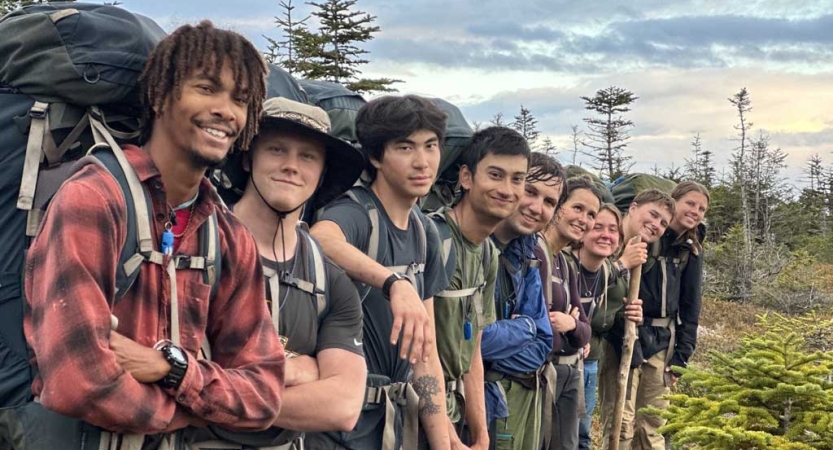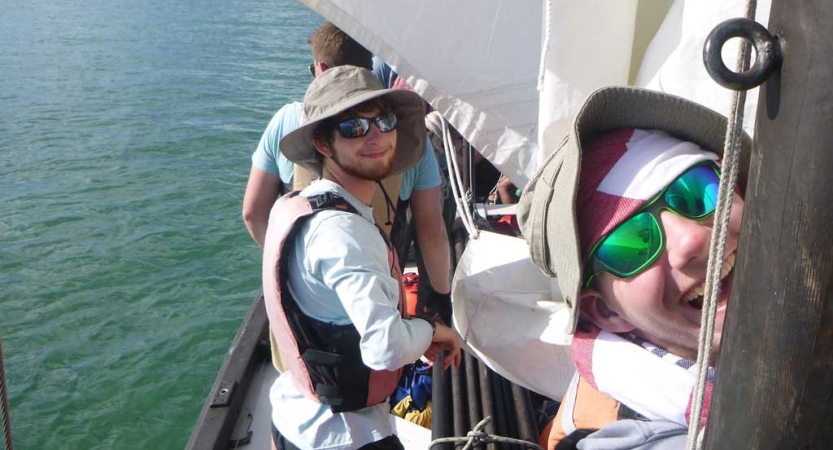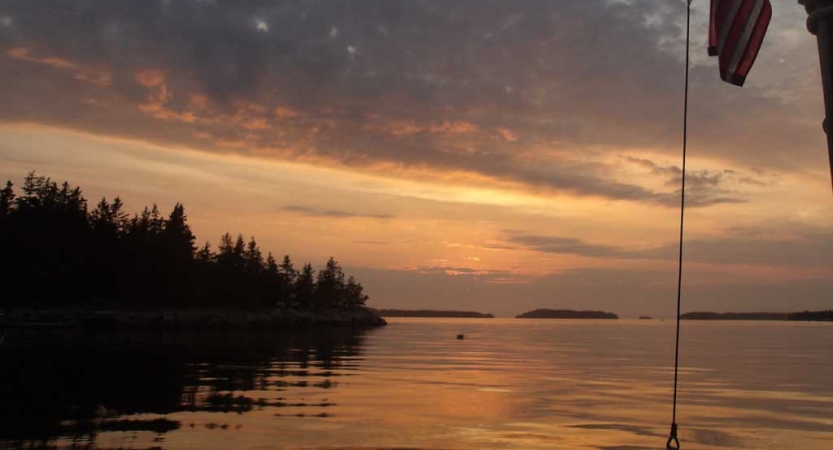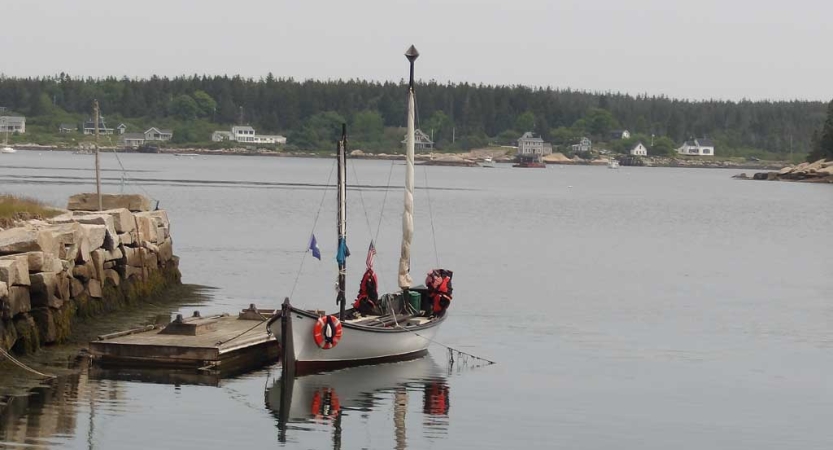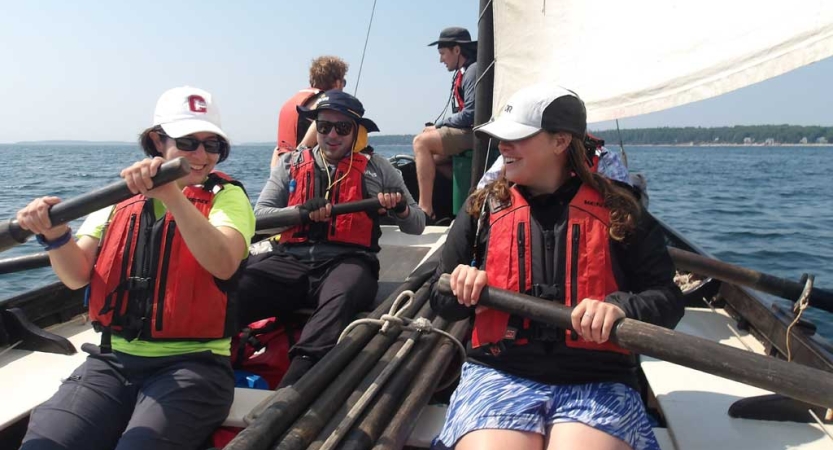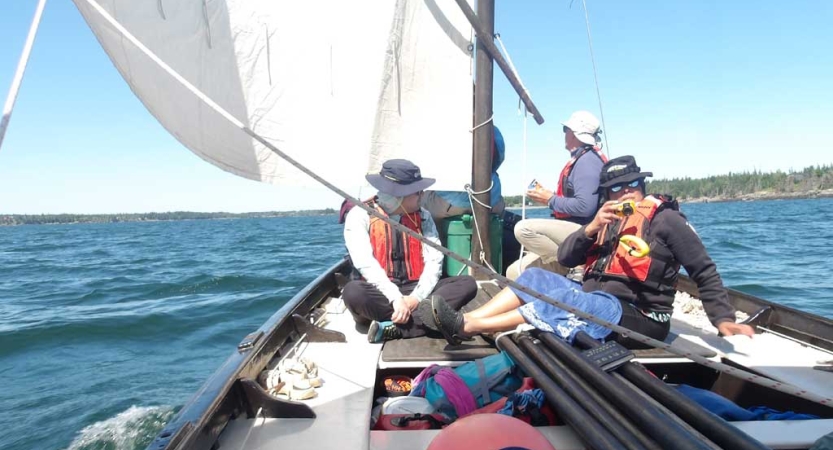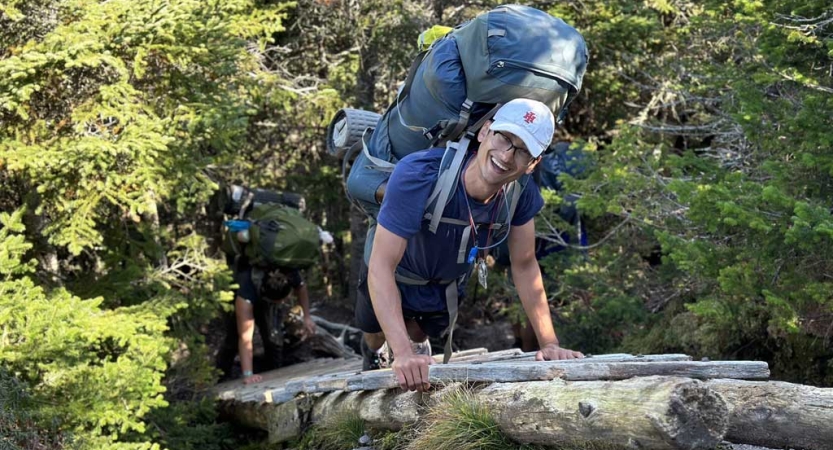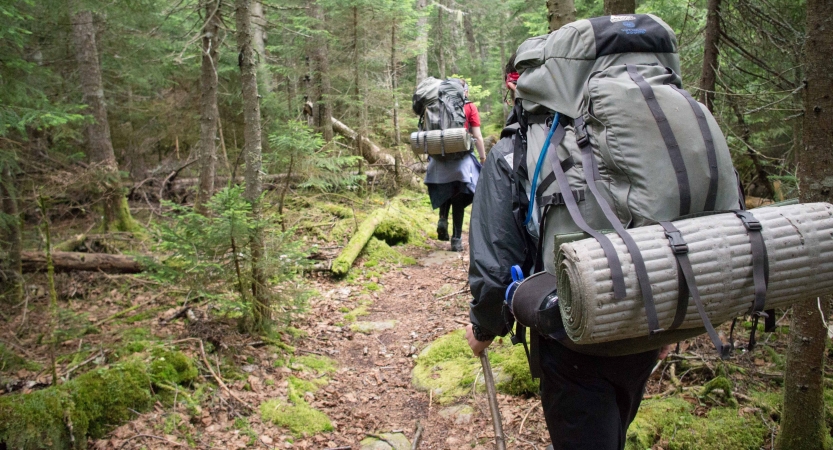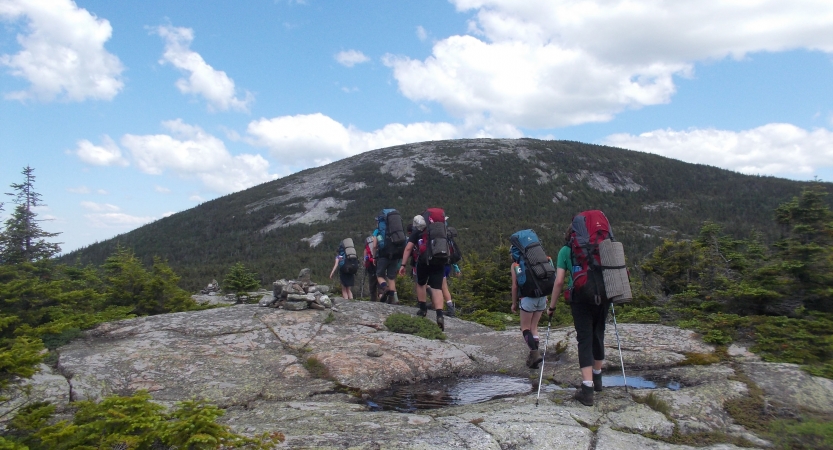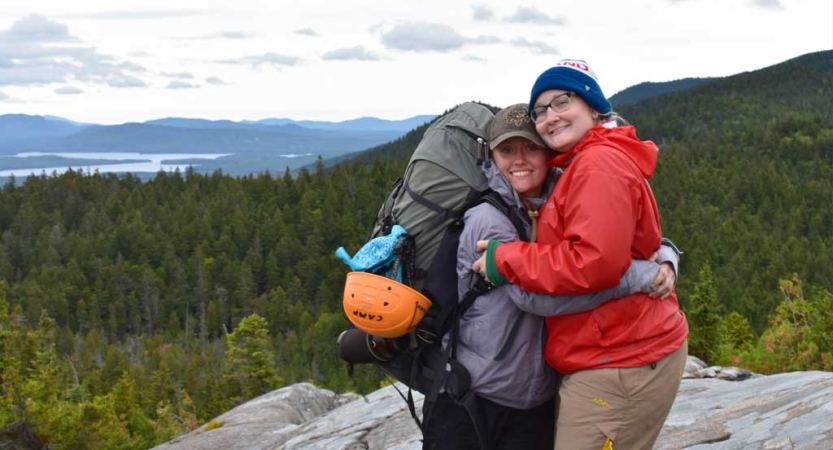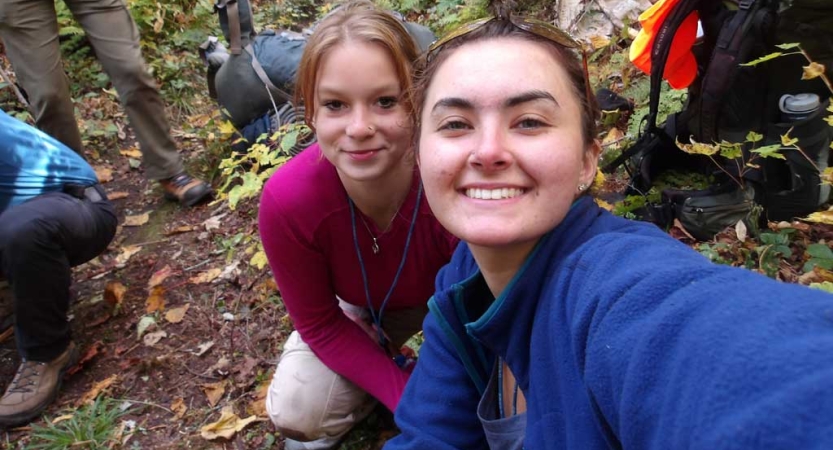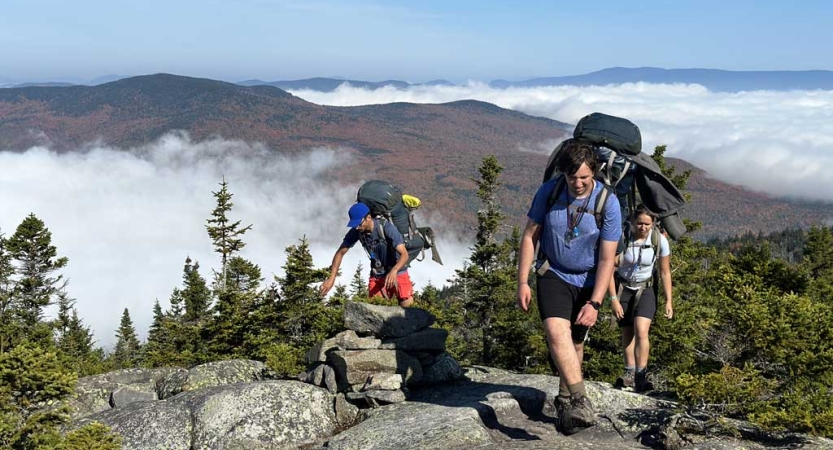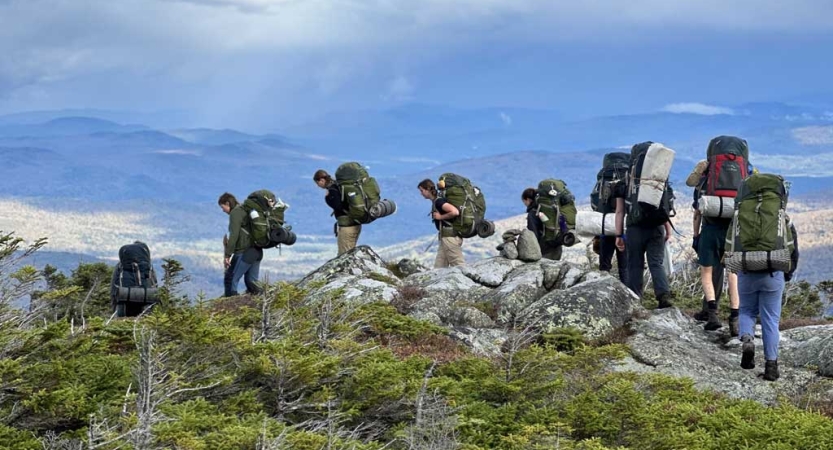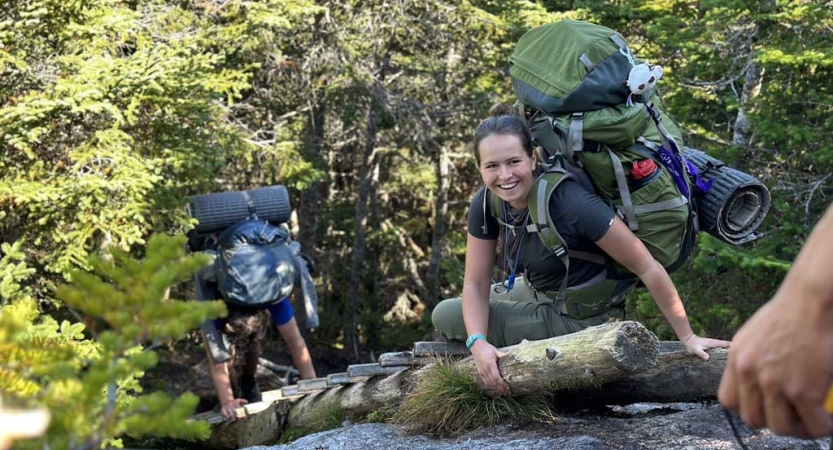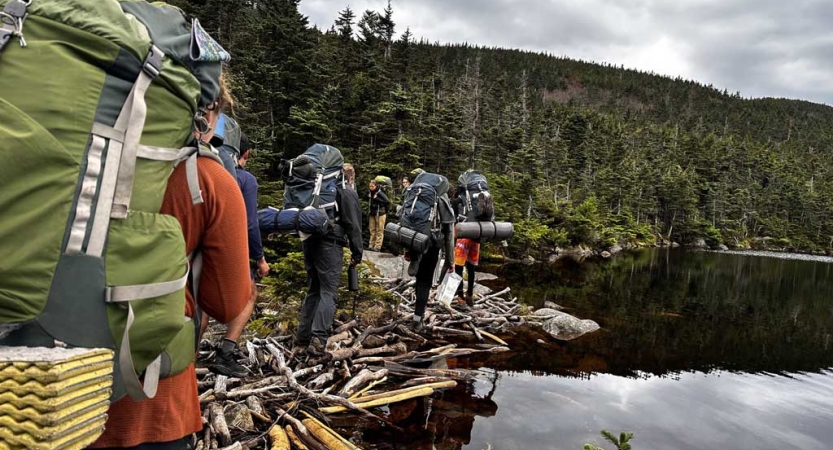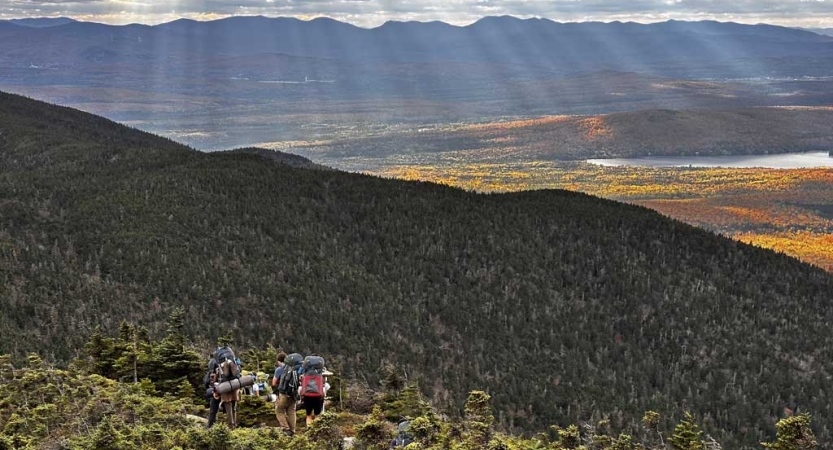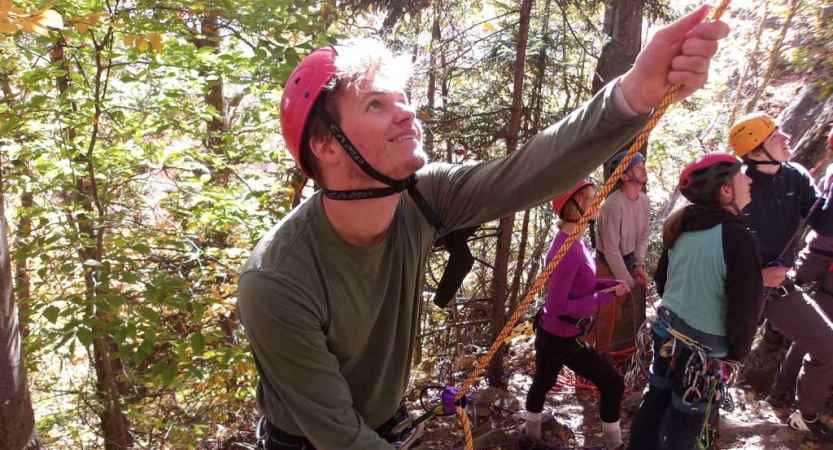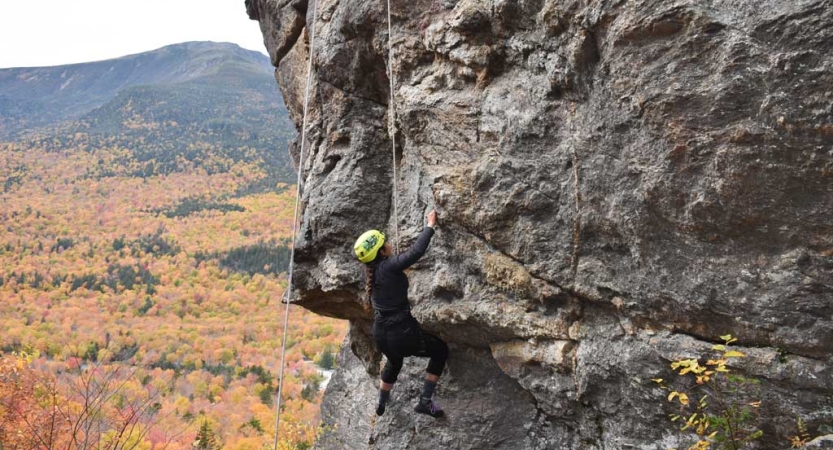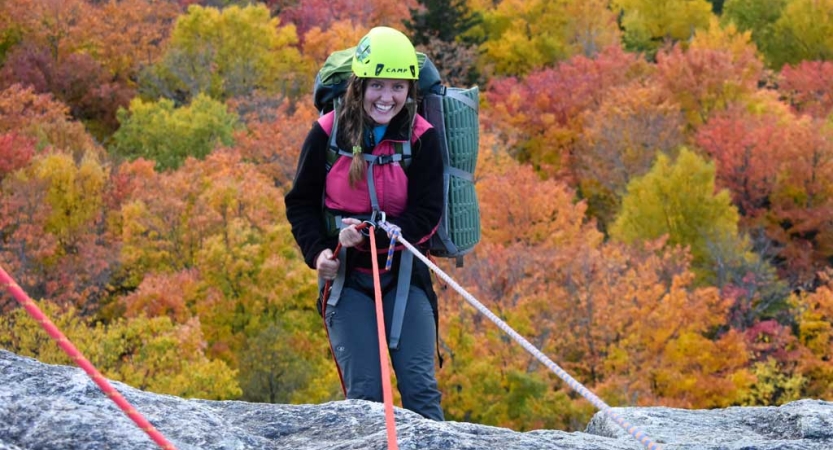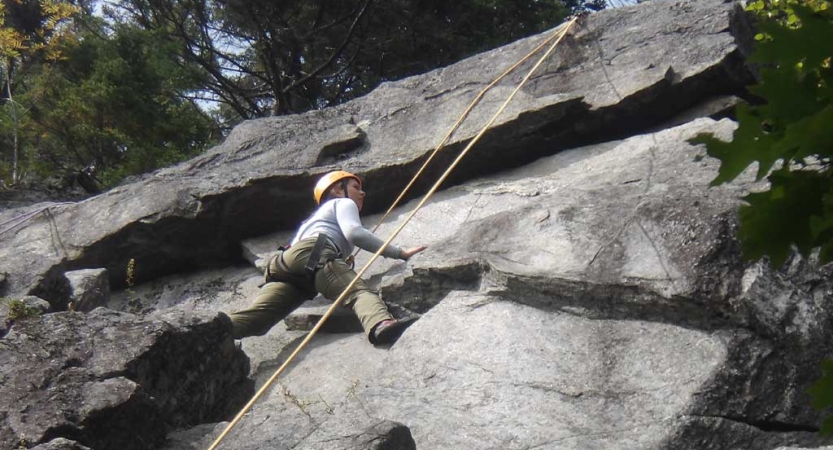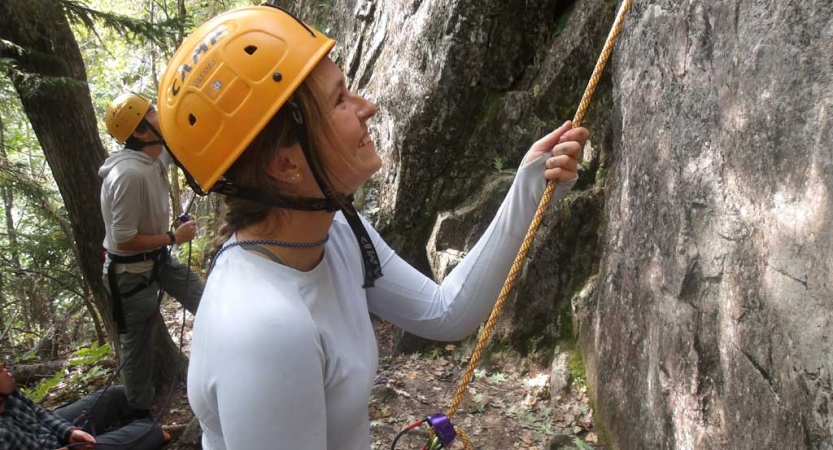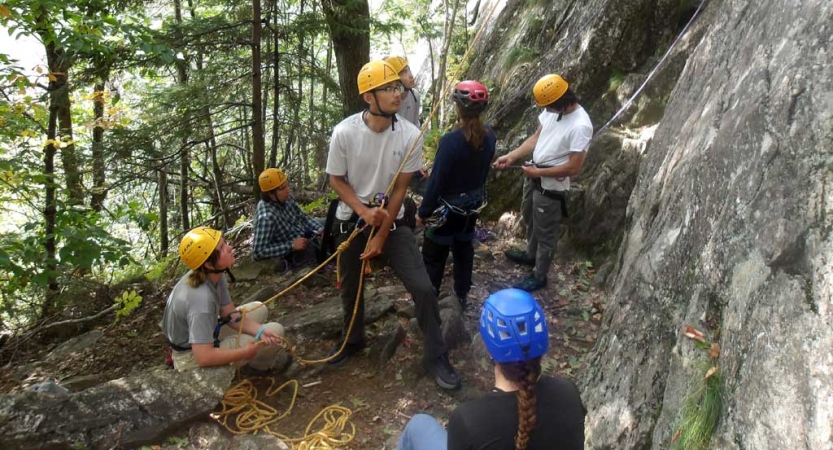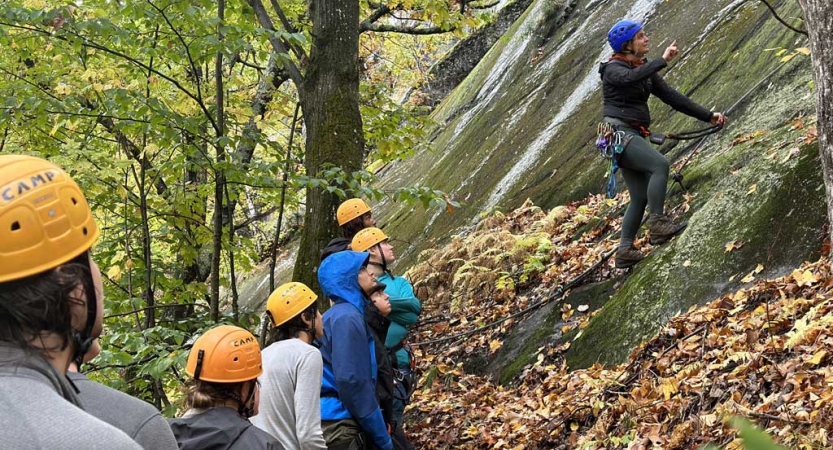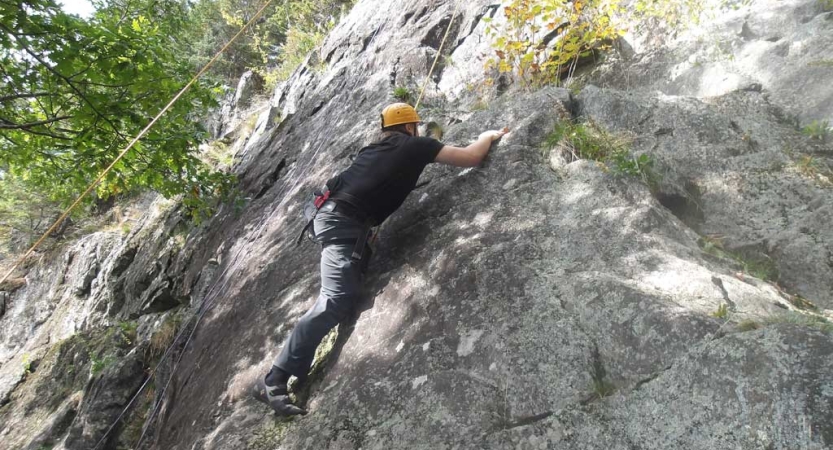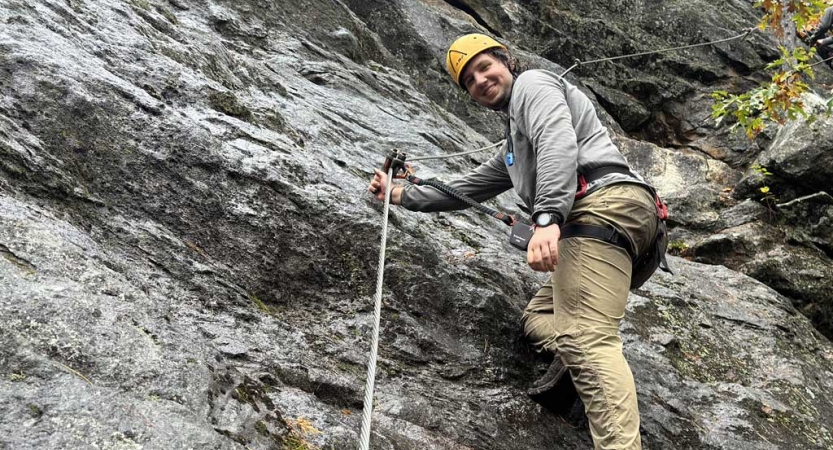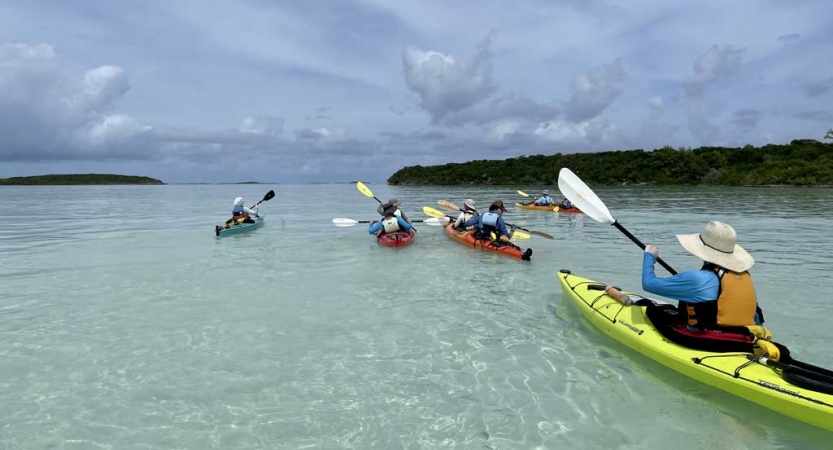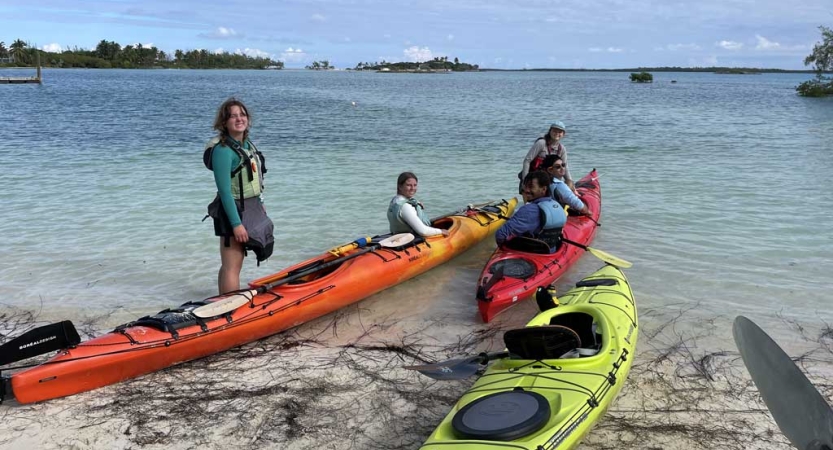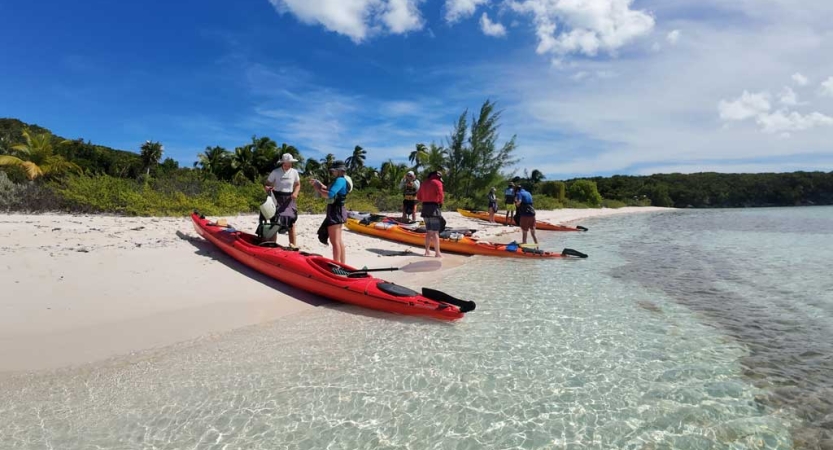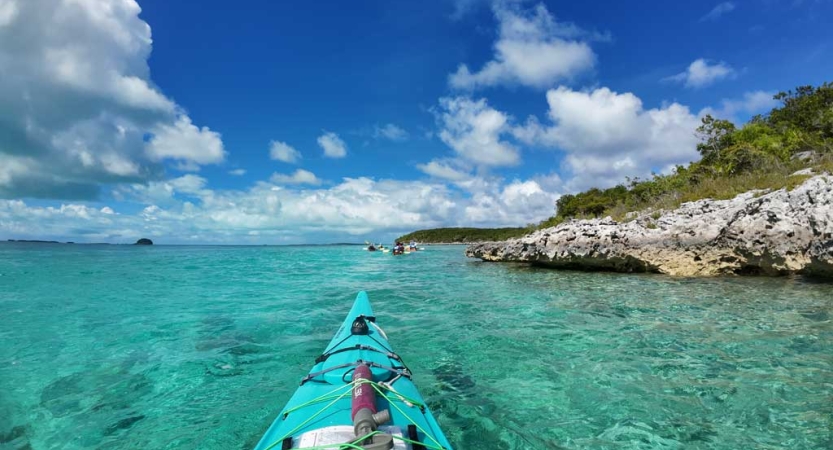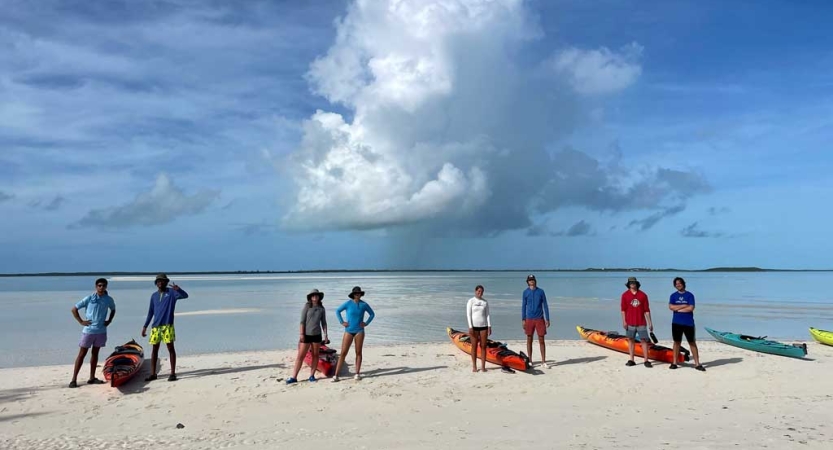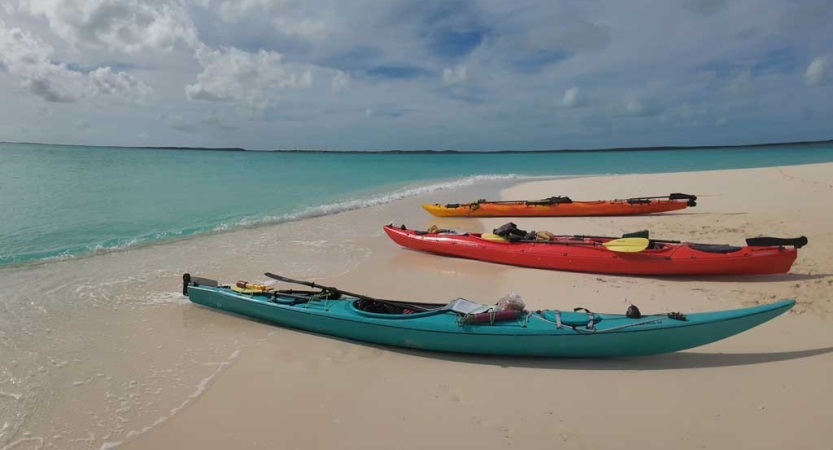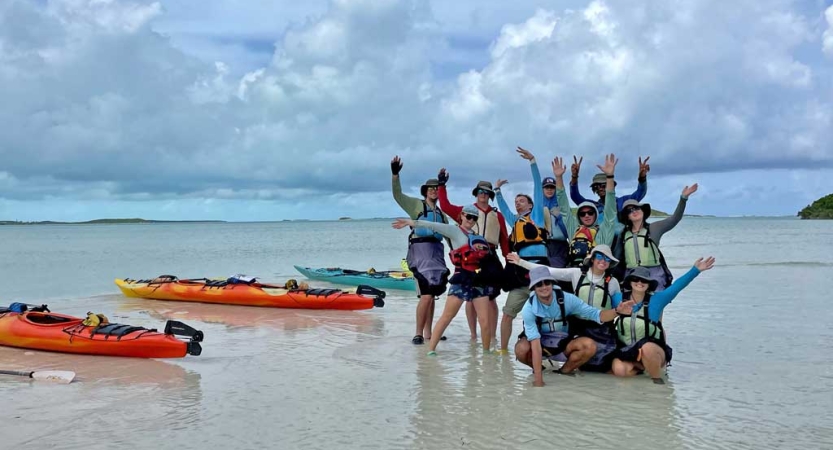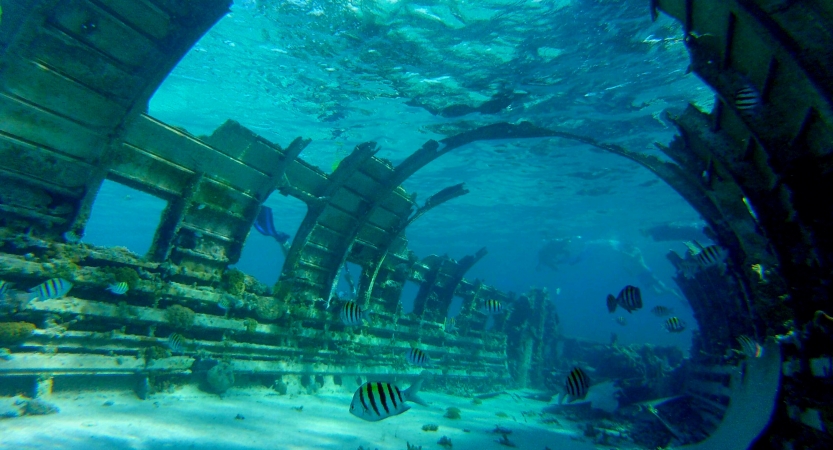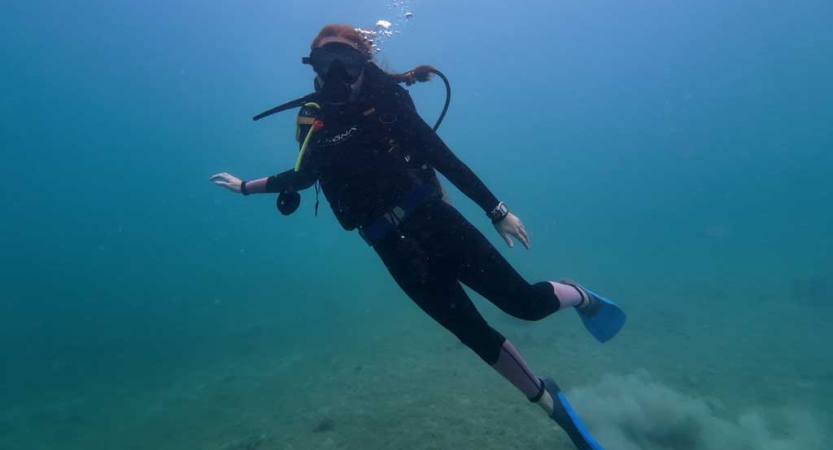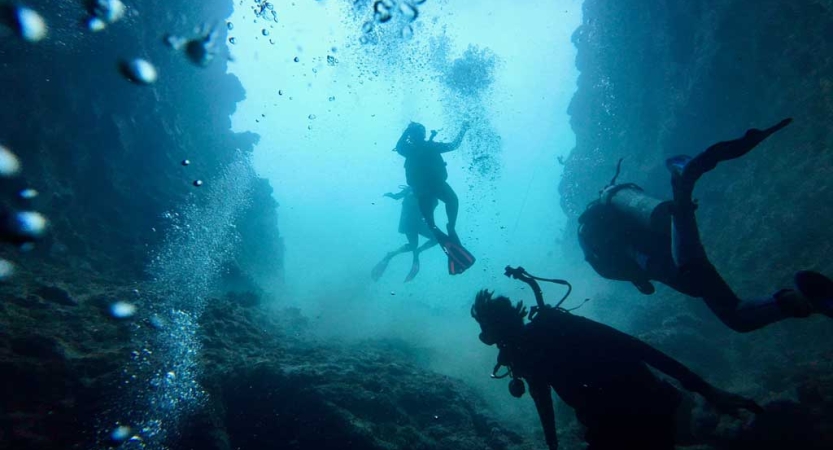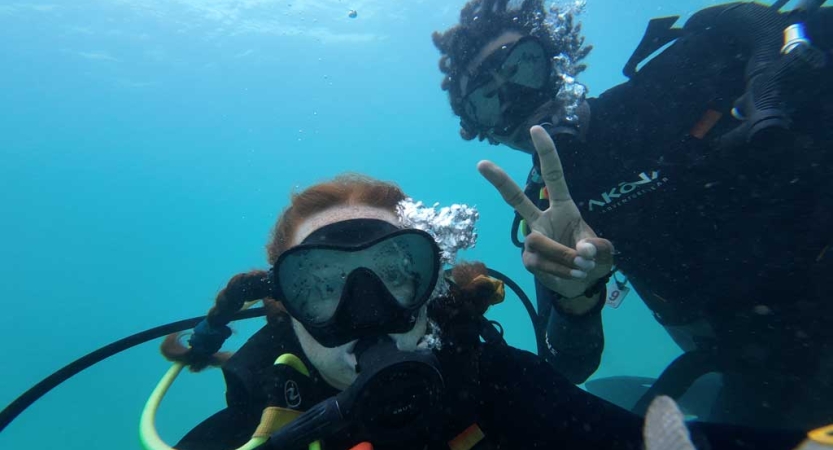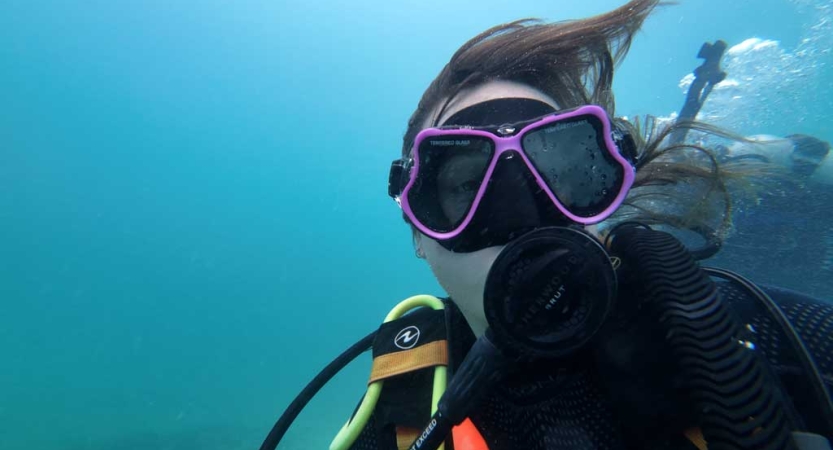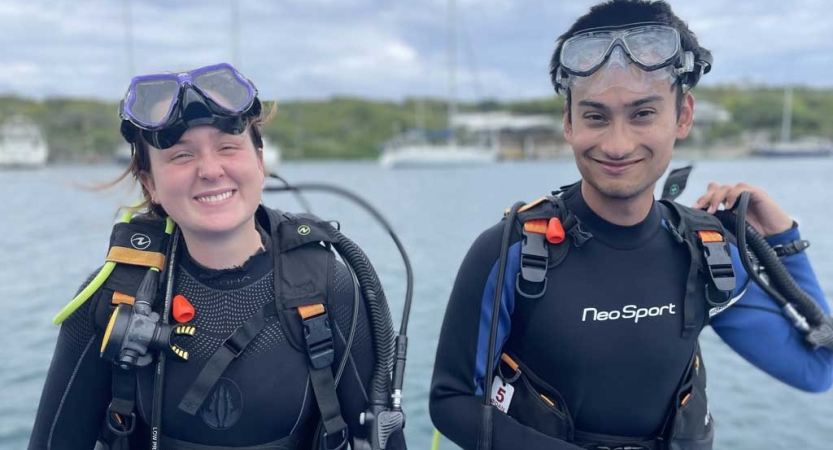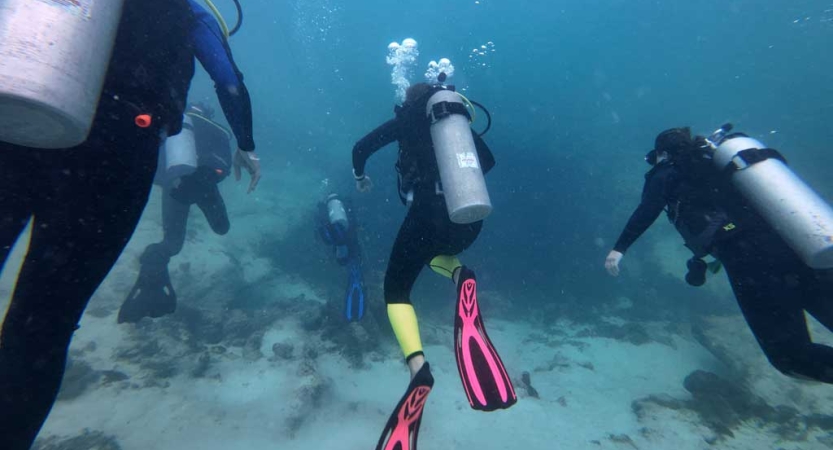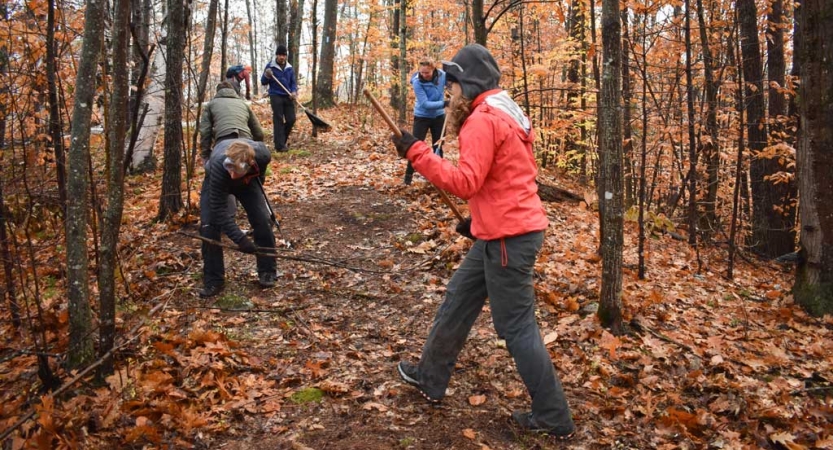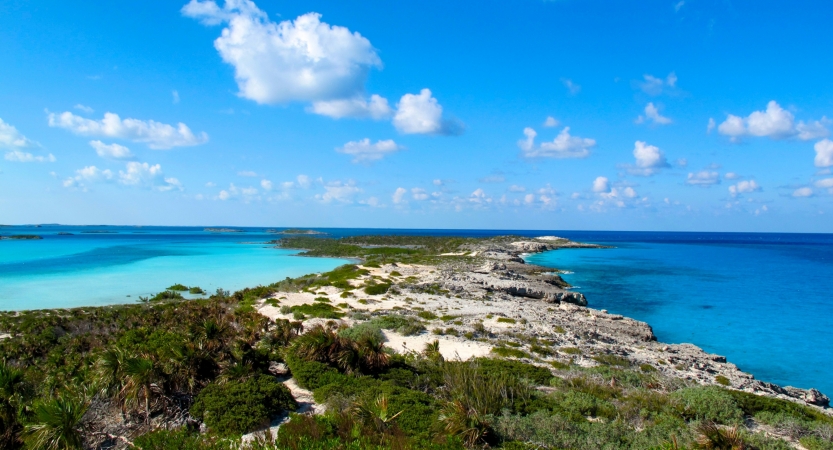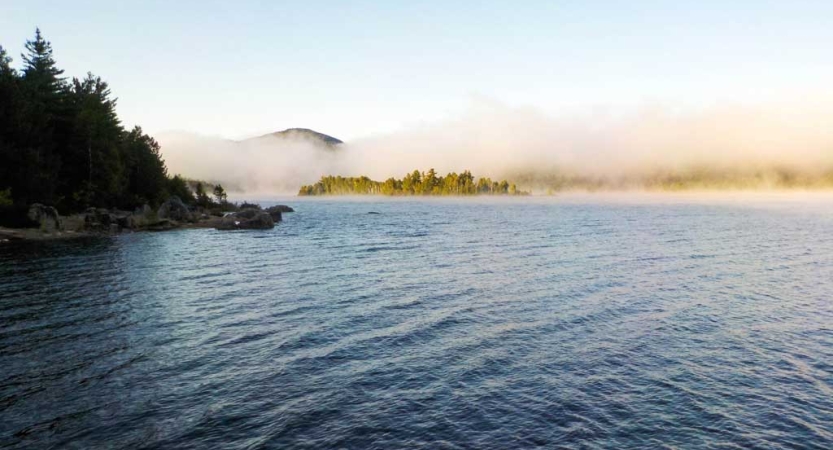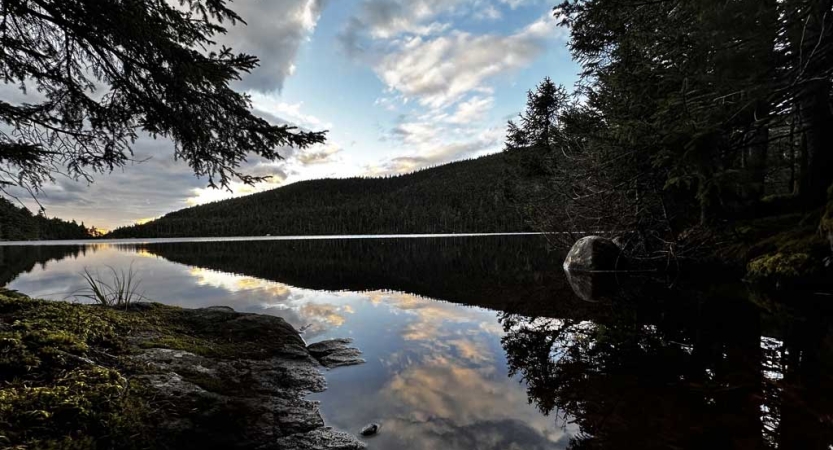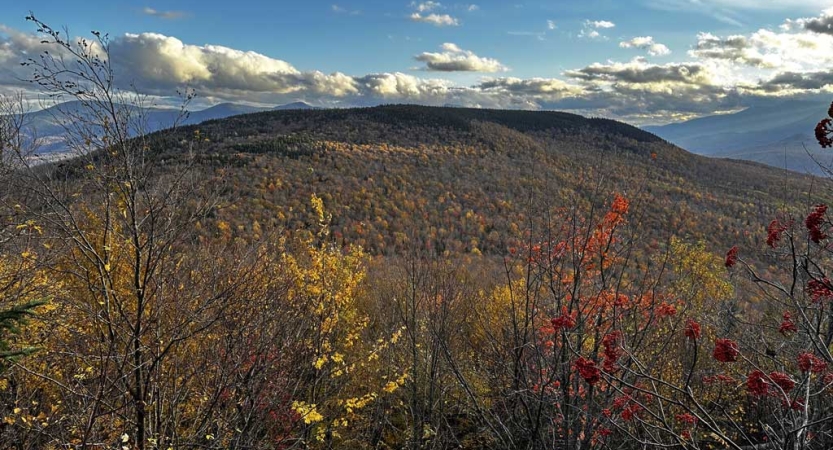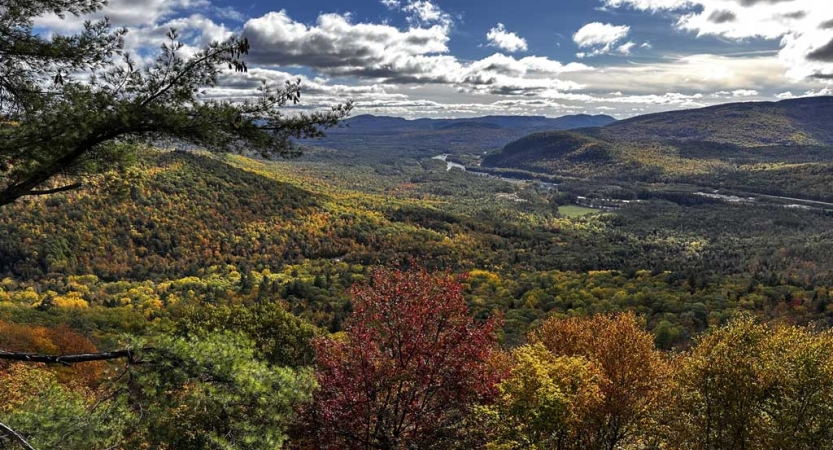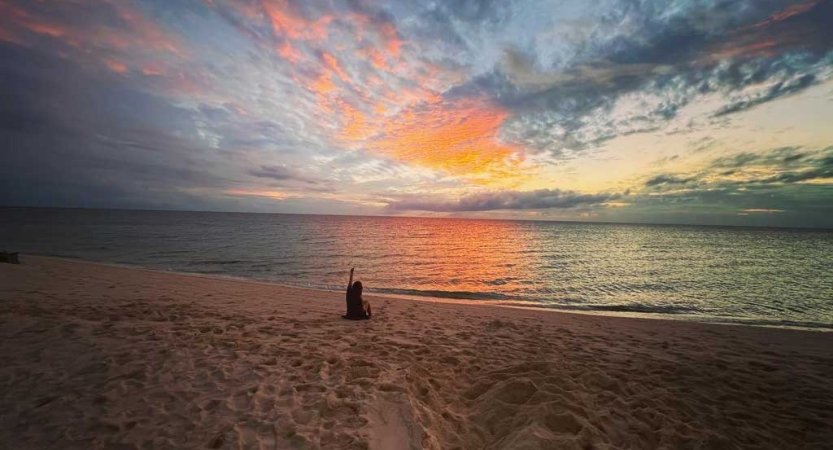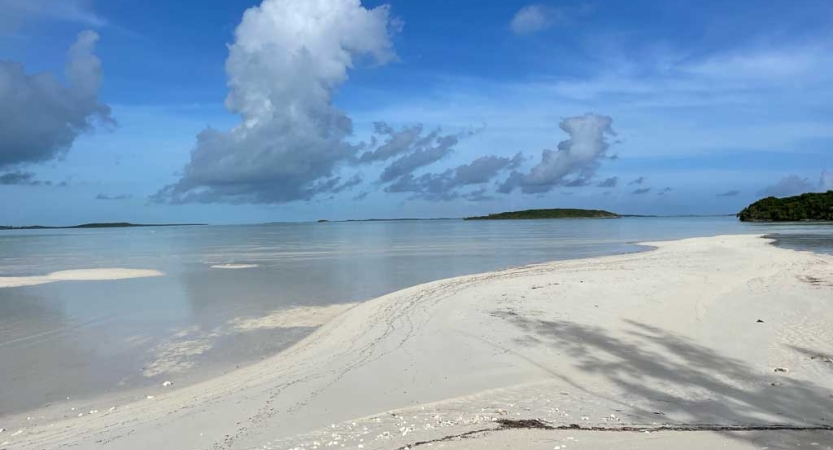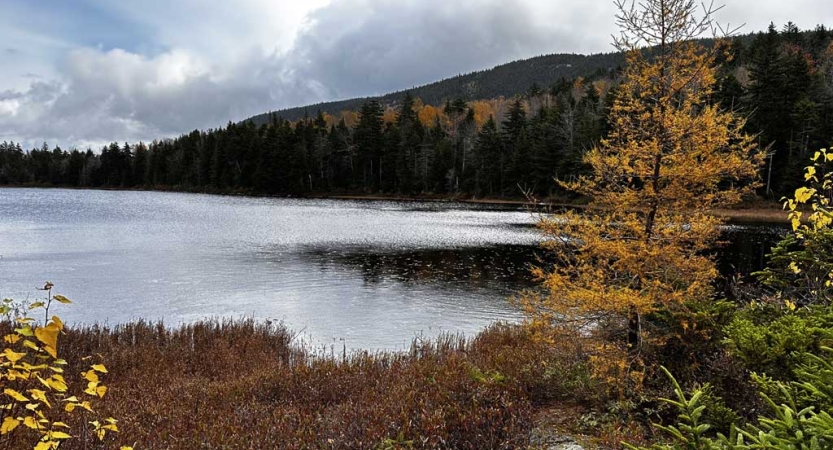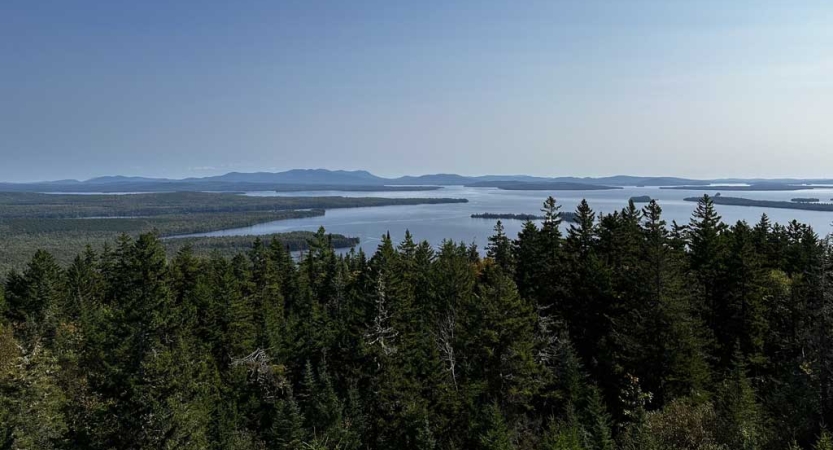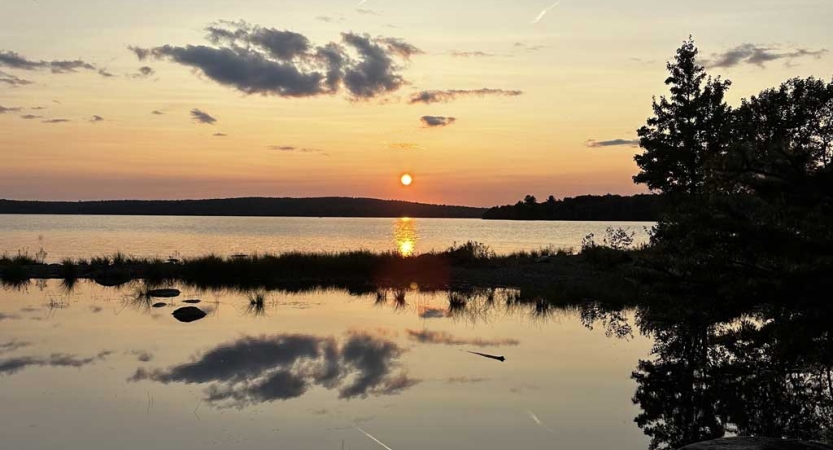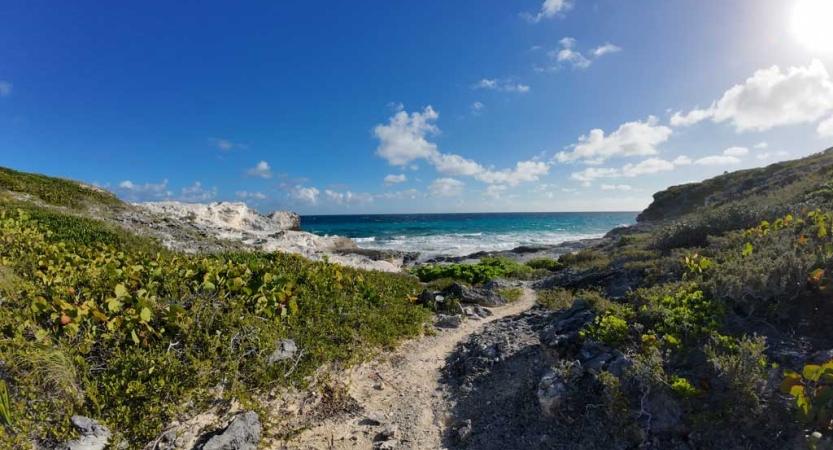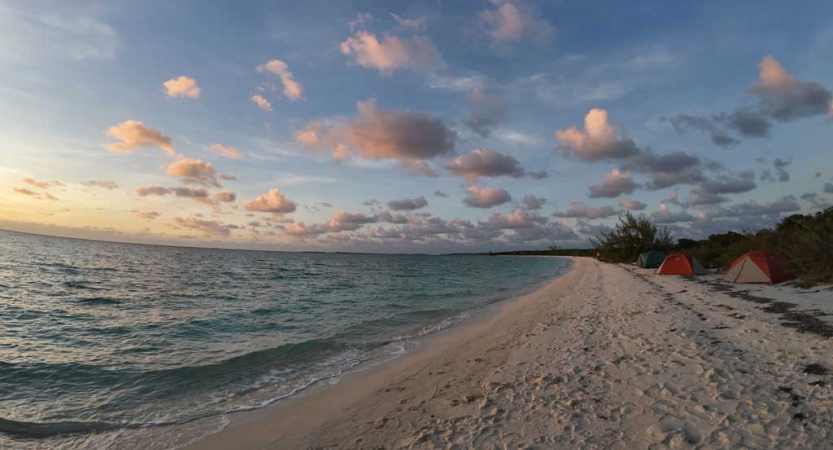-
EXPEDITIONS
-
Joshua Tree Backpacking & Rock Climbing
-
Boundary Waters Dog Sledding & Cross Country Skiing
-
Costa Rica Backpacking & Surfing
-
Boundary Waters Canoeing for Adults
-
Blue Ridge Mountains Backpacking & Rock Climbing for Adults
-
Joshua Tree Backpacking for Adults
-
Boundary Waters Dog Sledding & Cross Country Skiing for Adults
-
Pathfinder Southwest Canyoneering & Rafting
-
Pathfinder Blue Ridge Mountains Backpacking, Whitewater Canoeing & Rock Climbing
-
Pathfinder Rocky Mountains to Canyonlands
-
Blue Ridge Mountains to Florida & Patagonia Leadership Semester
-
Canyonlands to Joshua Tree Leadership Semester
-
Patagonia to Florida & Blue Ridge Mountains Leadership Semester
-
Costa Rica and Panama Leadership Semester
-
Blue Ridge Mountains Backpacking & Rock Climbing for Families
-
Ten Thousand Islands Canoeing for Families
-
Ten Thousand Islands Sea Kayaking for Veterans
-
Blue Ridge Mountains Backpacking & Rock Climbing for Women Veterans
-
Ten Thousand Islands Canoeing for Veterans
-
Backpacking
-
Canoeing
-
Canyoneering
-
Dog Sledding
-
Mountaineering
-
Rafting
-
Rock Climbing
-
Sailing
-
Sea Kayaking
-
Service
-
Snow and Ice
-
EXPEDITION FINDER
CLASSIC FOR MIDDLE SCHOOL
FEATURED CLASSIC FOR MIDDLE SCHOOL
CLASSIC FOR MIDDLE SCHOOL OVERVIEW CLASSIC FOR HIGH SCHOOLFEATURED CLASSIC FOR HIGH SCHOOL
FEATURED CLASSIC FOR ADULTS
FEATURED PATHFINDER
FEATURED SEMESTER
FEATURED OUTDOOR EDUCATOR
OUTDOOR EDUCATOR OVERVIEW INTERCEPTFEATURED INTERCEPT
INTERCEPT OVERVIEW AFFINITY GROUPSFEATURED AFFINITY GROUPS
FEATURED VETERANS
FEATURED ACTIVITIES
FEATURED SCHOLARSHIPS & ACADEMIC CREDIT
SCHOLARSHIPS & ACADEMIC CREDIT OVERVIEW PLANNING COMMUNICABLE DISEASE PRACTICESFEATURED COMMUNICABLE DISEASE PRACTICES

Program Overview
Skills
- Campcraft
- Constellation Identification
- Food Preparation and Cooking
- Knots
- Map and Compass
- Natural History
- Navigation
- Outdoor Emergencies
- Rappelling
- Safety and Risk Management
- Self Care
- Tides and Currents
- Wilderness Medicine
- Character
- Communication
- Conflict Resolution
- Leadership
- Positive Risk Taking
- Problem Solving
- Resilience
- Self Awareness
- Self Confidence
- Service
Let’s Connect!
Maine to Bahamas Leadership Semester
Broaden your horizons with this 80-day expedition exploring Maine’s coastal and forest ecosystems and the subtropical seas of the Bahamas.
Join us for a semester-long course that will enrich and expand the way you see yourself, the world, and what’s possible. For this 80-day expedition, you will begin on the Maine coast, sailing with your crew on a 30-foot open sailboat that is your home and classroom. Next, you will backpack through stretches of the northern Appalachian Mountain range and earn a Wilderness Advanced First Aid certification. From Maine, you’ll fly to the Bahamas for the next phase of your adventure, where you’ll explore the stunning blue waters of the Caribbean through the intimate perspective provided by a sea kayak and Scuba diving.
Throughout this semester you will build your confidence, leadership, and communication skills while gaining the ability to travel safely through the wilderness and better understand and appreciate the natural world. This course is ideal for team-oriented individuals seeking challenge and adventure in unique environments. When your expedition ends, you’ll walk away with new friendships, incredible experiences, and the awareness that everything you learned and practiced on course will continue to serve you long after you return home.
Program Overview
Skills
- Campcraft
- Constellation Identification
- Food Preparation and Cooking
- Knots
- Map and Compass
- Natural History
- Navigation
- Outdoor Emergencies
- Rappelling
- Safety and Risk Management
- Self Care
- Tides and Currents
- Wilderness Medicine
- Character
- Communication
- Conflict Resolution
- Leadership
- Positive Risk Taking
- Problem Solving
- Resilience
- Self Awareness
- Self Confidence
- Service
UPCOMING COURSES
This course is closed for the season.
APPLY NOW
This means a course has several open spots and is actively processing applications.
APPLY NOW – Almost Full
This means there are three or fewer currently available spots left on a course. To secure your spot click Apply Now to begin an application!
JOIN WAITLIST
Once a course has reached capacity, three waitlist positions become available. To join a course’s waitlist, click “Join Waitlist” to begin the application process. A $500 deposit is required. This $500 deposit includes a $150 non-refundable application fee and a $350 tuition payment. The $350 tuition payment is refundable only if you cancel your waitlist application or if an open position does not become available. If a position does become available, the applicant will be applied to the open position and the Application and Cancellation Policies of the Regional Outward Bound School will be followed, including forfeiture of the $500 deposit if you cancel 90 days or less prior to the course start date.
Waitlist applicants are encouraged to complete all required admissions documents while awaiting an open position. Positions may become available up to two weeks prior to the course start date. Applicants may only apply to one course. We recommend applying to a course with open positions instead of a course that is accepting waitlist applications. If you have questions, please call 866-467-7651 to speak with one of our Admissions Advisors.
CALL TO APPLY
This means a course is very close to its start date. Although it is unlikely to secure a spot this late, you can call the National Admissions office at 866-467-7651 to discuss your options.
COURSE IS FULL
When a course has reached maximum capacity, meaning all spots and the three waitlist spots are occupied, a course will read “Course Is Full.” This means applications are no longer being accepted.
CLOSED
As a course nears its start date, the availability status may read “Closed.” In this event, a course roster has been finalized and applications are no longer being accepted or processed.
This course starts in . Are you sure you would like to proceed?
The Maine to Bahamas Semester was an incredible experience for me. I am studying environmental and marine sciences in college, so this program was right up my alley. Perhaps more impactful however, was the team-like atmosphere and sense of togetherness that Outward Bound intrinsically creates. There is something about sleeping together in tents or sleeping under the stars in the middle of the ocean that brings people together. While on course, I learned how to be accountable, and how to look out for the people standing next to me. I gained so much from this program, and cannot recommend it highly enough.
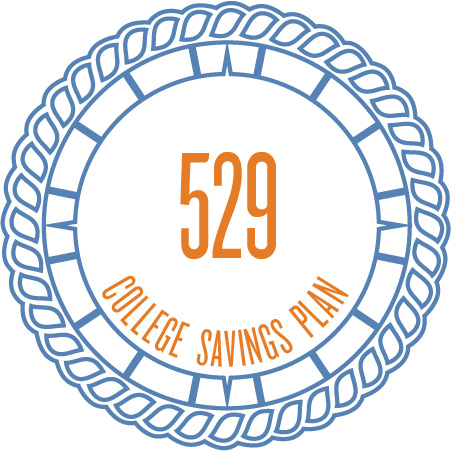 Most College Savings Plans, including the 529 College Savings Plan, may be used to attend an Outward Bound expedition, thanks to a partnership with Western Colorado University. Anyone can register – you do not have to be a current Western Colorado University student. Registration is easy! Click here to learn more.
Most College Savings Plans, including the 529 College Savings Plan, may be used to attend an Outward Bound expedition, thanks to a partnership with Western Colorado University. Anyone can register – you do not have to be a current Western Colorado University student. Registration is easy! Click here to learn more.
Develop outdoor skills, enhance leadership and communication, and gain environmental knowledge in stunning settings. The goal of our Gap Year expeditions is to help you develop the confidence, knowledge, and integrity essential for effective leadership. Whether you are learning how to safely tie in on belay, deciding as a group how to navigate through new terrain, or setting up a minimum-impact campsite for the evening, you’ll be honing and practicing skills for life.
- Build Connections: Find connections with your crewmates based on support and respect (and fun, too!), and in the thick of challenges, discover there is more in you than you know.
- Value Strengths and Strengthen Values: Discover your strengths, embrace independence, and practice compassion as you support your crew.
- Learn Outdoor Skills: Hone your technical abilities as you become a master at ropes courses or swiftwater rescue techniques and Wilderness First Aid. Numerous certificates are available depending on the course, and up to 18 college credit hours can be earned along the way.
- Upgrade Your Outlook: Return home with an enriched and expanded view of yourself, the world, and what’s possible.
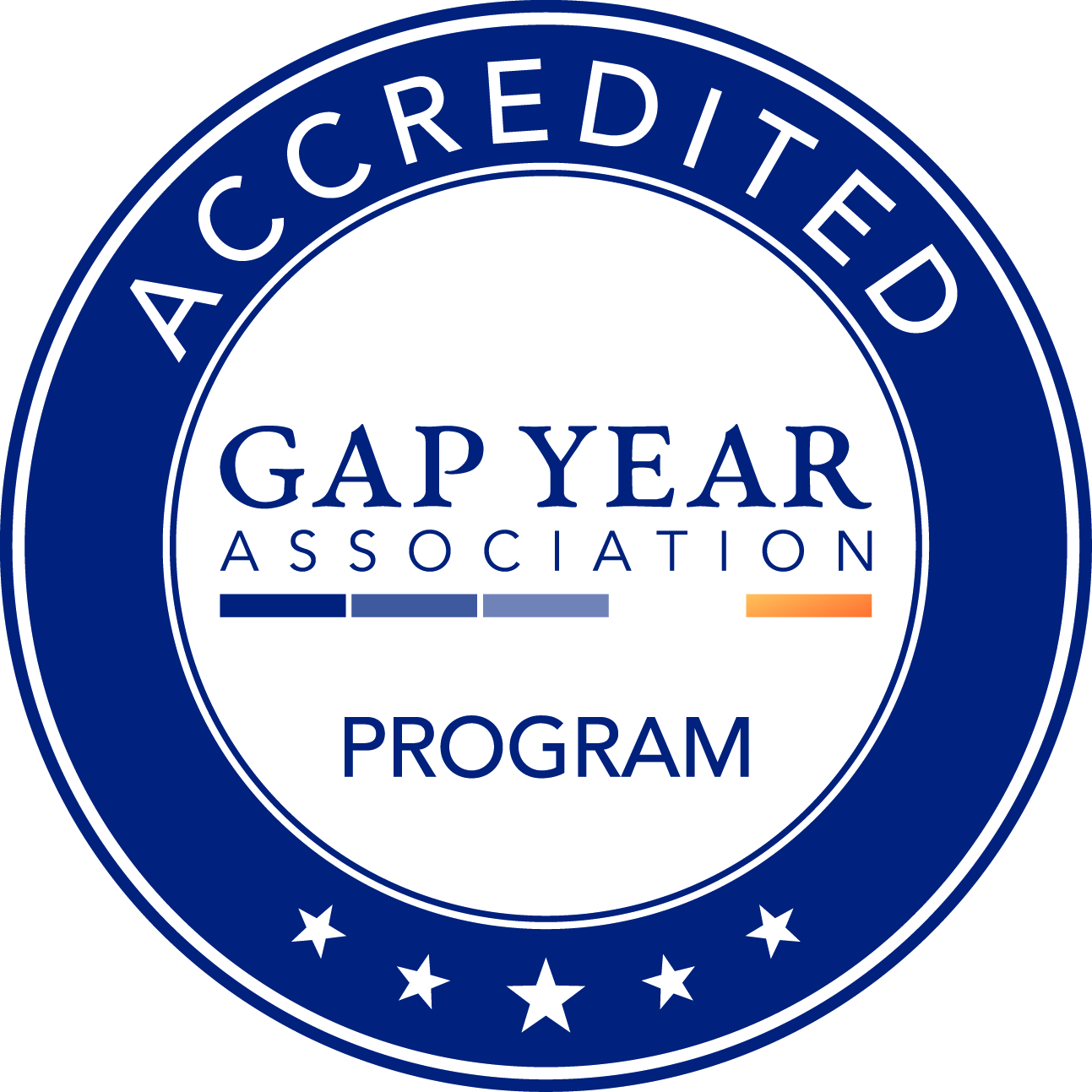
Outward Bound is accredited with the American Gap Association and is the longest running program in this elite group dedicated to providing safe, meaningful and high-caliber educational experiences to students.
Traditional 30-foot sailboats encourage teamwork and leadership like no other classroom. On an open boat with no cabin and no engine, the group will live closely together using only wind and oars to power their way. As they rotate responsibilities during the expedition, students learn the crafts of maneuvering under sail, coastal navigation, rowing and living aboard a small open boat. At night, students sleep on deck under a tarp and take turns at anchor watch under brilliant night skies.
The Wilderness Advanced First Aid (WAFA) course is a four-day introduction to wilderness medicine that combines classroom time with hands-on practical sessions. Students will learn how to manage injuries/illnesses in the backcountry, setting them up for safe and self-reliant expeditions in the future.
Backpacking is an ideal combination of both team and individual elements, requiring students to dig deep on a personal level while also looking out for other group members. The mountains of Maine and New Hampshire are jagged and densely wooded and the trails are remote, narrow and often steep. Students travel on wilderness footpaths, navigating on and off trail throughout the journey. From atop mountain peaks, if the weather cooperates, the group’s hard work is rewarded with spectacular views across forested landscapes. Living and traveling with just a backpack is a simple existence, in which deceptively small choices can make great differences. To live well in the wilderness, all crew members must share the chores that turn a camp into a home, including setting up tents and tarps, creating a kitchen area, taking turns fetching water, and cooking satisfying meals. Students will also take turns in expeditionary roles, so that they have the opportunity to learn and gain proficiency in a variety of skills.
Northern New England is a renowned climbing destination, and our rock climbing sessions take place at some of the many granite crags and cliffs that make the region so famous. Students learn how to properly use harnesses, helmets, ropes and belay devices, and no prior experience is expected. Participants will start with the basics of tying into the rope, safely belaying each other and practicing efficient movement over rock using friction techniques, edging and crack climbing. As students build on their experience and skills, they’ll have the opportunity to develop more advanced climbing techniques and practice setting up top ropes and building anchors at various climbing sites.
Sea kayaks offer a mode of transportation in the Exumas that reaches locations inaccessible by sailboat and yacht. As we move beyond the heavily trafficked areas, this part of the course allows students to have more intimate interaction with the sea and land of this remarkable natural habitat. Students will have the opportunity to paddle both single and double kayaks, learning the techniques necessary to handle each craft. This allows students to work as part of a team but also develop individual skills on the water.
Students will have another chance to step outside their comfort zone and explore a new environment as they earn a PADI Open Water Diver Certification. This is a unique opportunity to learn about tropical ecology and coral reefs while participating in several dives to complete this certification. With Scuba gear securely in place, students transform into underwater explorers and experience the diversity of marine life firsthand.
This course ends with a Personal Challenge Event, an individual final physical push. This event might take the form of a timed swim or rowing event, or it may be a combination of the two. The Personal Challenge Event is a chance for students to finish their Outward Bound experience with a true personal challenge where they own all of their decisions and efforts in contrast to the time they have spent operating within an expedition team.
Service projects are often incorporated into Outward Bound courses through coordination with local land managers, conservation groups, and government agencies or social service agencies. While in the wilderness, students are encouraged to practice service to the environment and their team by sharing responsibilities and following Recreate Responsibly ethics throughout the expedition.
The Solo experience provides an important break from the rigors of the expedition to give students quiet time to reflect on the Outward Bound experience. With the basics of food and equipment, and with safety a top priority, students will take some time away from the group to be alone at sites of their own, using the wilderness skills learned during the first parts of the course.
Often located along beautiful lake shorelines and peaceful rivers, or at secluded forest locations, our Solo sites are chosen to offer as much solitude as possible (yet be within emergency whistle-signaling distance of other group members). Most students spend their Solo time journaling, drawing, or just thinking and resting as they process lessons learned and focus on their goals for the future – and many students spend the time catching up on sleep! Instructors check on each participant at regular intervals. On a Semester program like this one, students will often do more than one Solo, each one lasting somewhere between 24-72 hours.
This semester focuses on developing a solid foundation of expedition skills and a greater understanding of and appreciation for the natural world. While immersed in a challenging wilderness expedition, each student will take on leadership roles. Outward Bound’s curriculum combines the skills necessary to become proficient in wilderness travel with interpersonal skills that will benefit students in any setting. Through a series of different activities, students practice applying general principles in different elements and environments, deepening their understanding of each skill and building greater levels of ability. In addition to being a memorable adventure, this semester promotes situational thinking, individual and group goal setting, evaluation of options and decision-making, and flexibility and effectiveness in problem-solving.
Maine
The mountains of western Maine and northern New Hampshire comprise the northern end of the Appalachian Mountain range. Within this region, the White Mountain National Forest, the Appalachian Trail, the Carter-Mahoosuc Range, the Grafton Loop Trail and the Caribou-Speckled Mountain Wilderness all offer classic backpacking terrain. These spruce, fir and hardwood forests are home to hundreds of species of birds as well as moose, deer and black bear. Rushing waterfalls, clear twisting streams and spectacular views from rocky summits reward backpackers ready for adventure.
The upper reaches of the Androscoggin watershed are fed by the Aziscohos Lake, the Magalloway River, and the Rangeley Lakes. Indigenous Abenaki peoples used the Androscoggin as both a means of transportation between winter habitats inland and summer living on the coast as well as a source of food. Later the Androscoggin River was used to move logs to mills downstate during the logging boom of the 19th century. These days the lakes and rivers are used primarily by canoeists, fishermen and other recreationalists. Some of the portage trails here, such as those along the Rapid River, have been in use for centuries.
These regions are the ancestral lands of the Wabanaki Confederacy, which includes the Abenaki/Abénaquis, W∂last∂kwiyik (Maliseet), Penobscot, and Passamaquoddy nations.
Bahamas
The Bahamas Archipelago is a network of low-lying islands, shallow banks and deep blue waters just across the Gulf Stream from southern Florida. Originally inhabited by people moving north through the Caribbean from South America, for much of recorded history these expansive and remote islands served as hideouts for privateers, buccaneers, and pirates. The British colonized the islands in the 17th century and controlled the trade and commerce of this important waystation in the Atlantic Ocean for many years. Over time, through a series of political and social upheavals, the islands transitioned into a haven for fishermen, woodcutters, salt-exporters and freed slaves from the United States and the Atlantic slave trade, and became an independent state in 1973. Now a destination for sailors seeking stunning and remote cruising grounds and those researching marine ecology, the Bahamas are home to a vibrant ecosystem and diverse culture. These regions are the ancestral lands of the Taino and Lucaya nations.
Course Stories
The Maine to Bahamas Semester was an incredible experience for me. I am studying environmental and marine sciences in college, so this program was right up my alley. Perhaps more impactful however, was the team-like atmosphere and sense of togetherness that Outward Bound intrinsically creates. There is something about sleeping together in tents or sleeping under the stars in the middle of the ocean that brings people together. While on course, I learned how to be accountable, and how to look out for the people standing next to me. I gained so much from this program, and cannot recommend it highly enough.
OTHER COURSES YOU MAY LIKE


Patagonia to Florida & Blue Ridge Moun...
Courses: 1 date available Ages: 18+ Length: 72 Days Cost: $18,015 Details & Dates

Costa Rica and Panama Leadership Semester
Courses: 3 dates available Ages: 18-25 Length: 50 - 65 Days Cost: $13,150 - $18,175 Details & Dates

Southwest Leadership Semester
Courses: 1 date available Ages: 18+ Length: 55 Days Cost: $11,685 Details & Dates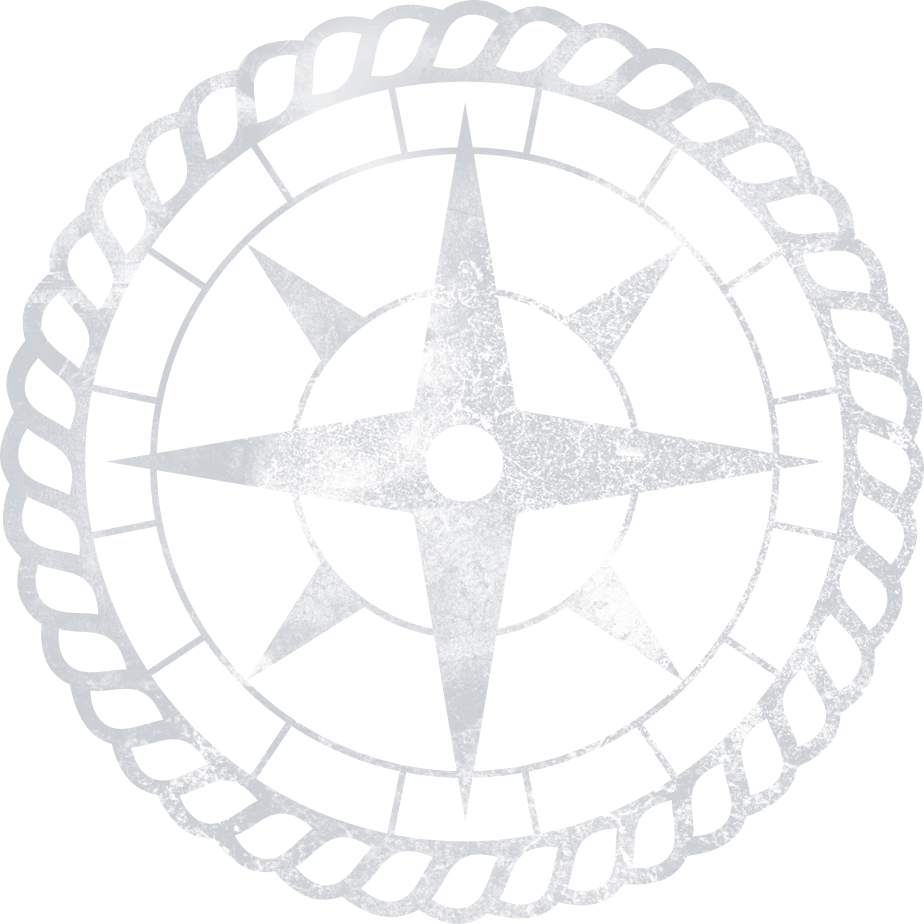
Getting Started
If you are ready to enroll on a course click the enroll button next to the course you wish to select or you can enroll over the phone by speaking with one of our Customer Success Specialists (toll-free) at 866-467-7651.
To secure your spot on a course you must submit an enrollment form and $500 deposit that is applied toward the total cost of the course and includes a $150 non-refundable enrollment processing fee.


